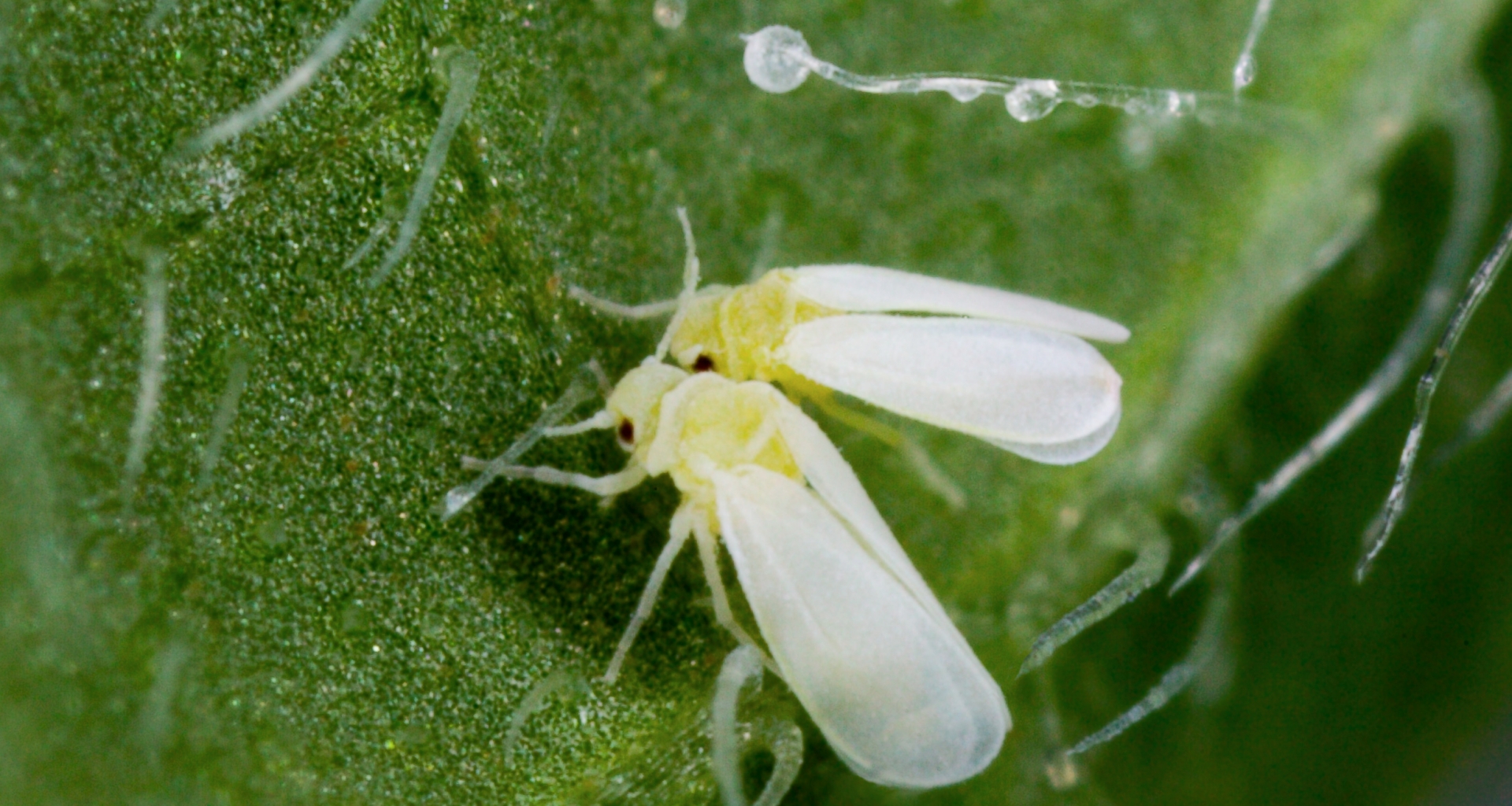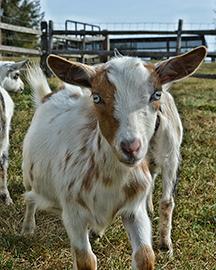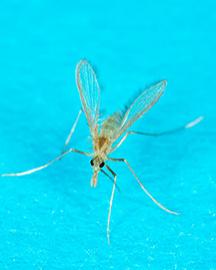Using Genetics to Take on the Whitefly
ARS scientists, in collaboration with scientists from the International Institute of Tropical Agriculture (IITA) in Tanzania and Kenya, have developed novel RNA interference (RNAi) technology that interrupts or suppresses the expression of critical whitefly genes, leading to whitefly mortality. Whitefly, known scientifically as Bemisia tabaci, ranks among the top scourges of agriculture. The prolific pest feeds on more than 500 plant species in 74 families, ranging from specialty crops to field and horticultural crops. In addition to harming the plants it feeds upon, whiteflies are notorious carriers of agricultural diseases, including viruses that cause cassava brown streak disease. The United Nations’ Food and Agriculture Organization estimates this disease infects between 15 and 37 percent of roots that produce cassava (yucca), a starchy food similar to yam and potato that accounts for nearly one-third of the calorie intake in some sub- Saharan African countries.
In the United States, whitefly transmits several devastating viruses to numerous crops, including tomatoes, melons, sweetpotatoes, and others. ARS and its partners produced the first draft genome of the whitefly, which characterized the whitefly’s genes and profiled gene activity during virus transmission. This knowledge, coupled with the RNAi technology, may significantly reduce whitefly populations and improve management of whitefly and whitefly-transmitted diseases both in the United States and throughout the world.







